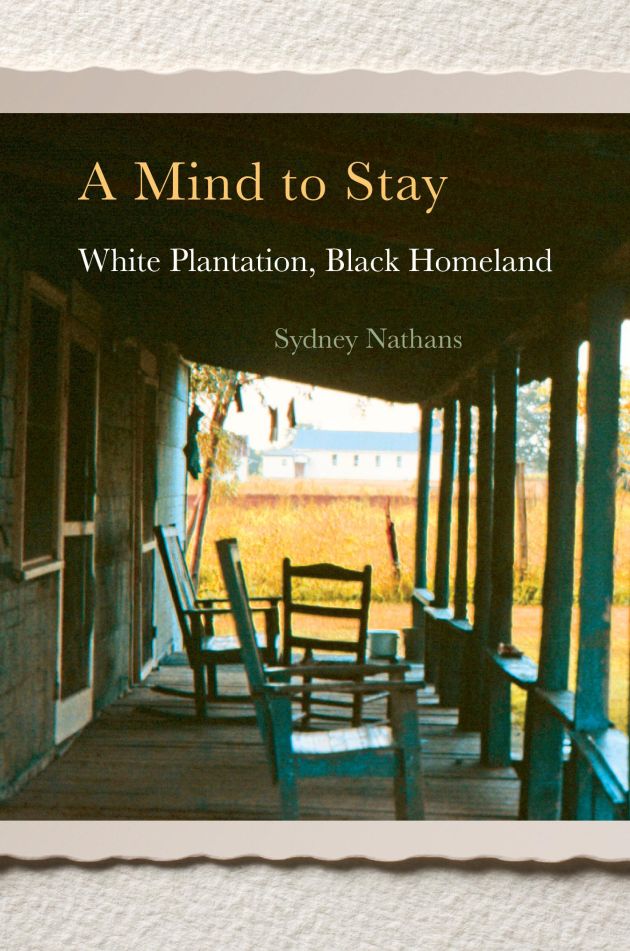In a society that teaches its young to chase the elusive dream of homeownership, the stark reality for many families like that of Ross Hamilton is that the dream is fading fast. Hamilton, a 43-year-old scientist from Sydney, embodies the struggle of a well-educated, dual-income household that, despite their efforts, finds the housing market increasingly out of reach. "It’s just capitalism gone crazy. A house is no longer a domicile. It’s an investment," Hamilton laments. His frustrations echo a growing sentiment among Australians who feel trapped in a market that rewards investors while leaving first-time homebuyers behind.
Skyrocketing Property Prices Lock Out New Buyers
Recent trends reveal a disheartening reality for prospective homeowners in Australia. According to Reuters, home prices surged by 8% in 2023 alone, a staggering increase that stands in sharp contrast to the stagnation of wages. The Reserve Bank"s recent interest rate cuts, while intended to spur economic growth, have instead fueled a housing market that seems to defy logic. With borrowing costs decreasing, property prices in capital cities like Sydney, Brisbane, and Melbourne continue to climb, making homeownership a distant fantasy for many families.
Wealth Disparity Widens as Investors Dominate Market
The stark divide between generations is deepening, exacerbated by a market increasingly dominated by investors. Data from the Australian Bureau of Statistics indicates that the share of new home loans taken by investors has risen dramatically from 28% to 37% over five years. This shift signifies a troubling trend where individuals seeking their first homes are routinely outbid by those who already hold substantial property portfolios. As reported by Global Property Guide, this kind of market cannibalization is pushing homeownership further away from the grasp of young families.

A Mind to Stay — Harvard University Press
Systemic Failures in Housing Policy
Underlying these issues are systemic failures in housing policy that prioritize investor profits over the needs of everyday Australians. The Howard-era decision to halve the capital gains tax rate has incentivized speculation and made property an attractive avenue for wealth accumulation. The result? A housing market that increasingly resembles a casino where the affluent play with house money, while the working and middle classes are left to gamble on rising rents and unattainable home prices.
Negative Gearing Contributes to Crisis
Negative gearing has become a focal point in the debate over housing affordability. This policy allows property investors to deduct losses on their investments from their taxable income, further skewing the market in favor of wealth accumulation for the few. As noted by AIHW Housing Data Dashboard, nearly 40% of tax breaks granted to landlords go to the top 10% of earners, effectively widening the wealth gap and solidifying a class divide that is difficult to overcome.
Calls for Reform in Housing Rights
As the dream of homeownership continues to slip away, advocates are turning their attention to the urgent need for reform in rental rights. By enhancing tenancy protections, the focus shifts to making renting a more viable long-term option for families. Countries like Germany demonstrate that a robust rental market can coexist with a thriving economy. Advocates argue that by improving tenant rights, the lure of investment properties diminishes, allowing more stock to become available for owner-occupiers.

Parliament House today in Canberra, Australia. : r/evilbuildings
The Dwindling Middle Class
Hamilton"s story is not unique; it reflects a broader societal crisis where the promise of upward mobility is increasingly unattainable. With the housing market seemingly rigged against them, many Australians are left grappling with the harsh truth that the middle class, as we know it, is disappearing. The struggle for housing is emblematic of a larger conversation about economic justice and the systemic inequities that plague our society.
As Hamilton poignantly states, "I just want to buy something that we want to live in, and just be at peace with it, but the middle class is gone." His words resonate with a generation that has worked hard, earned degrees, and played by the rules, only to find that the very system designed to support them has instead conspired to keep them out.







![[Video] Gunfire between Iraqi security forces and Sadr militias in Baghdad](/_next/image?url=%2Fapi%2Fimage%2Fthumbnails%2Fthumbnail-1768343508874-4redb-thumbnail.jpg&w=3840&q=75)
